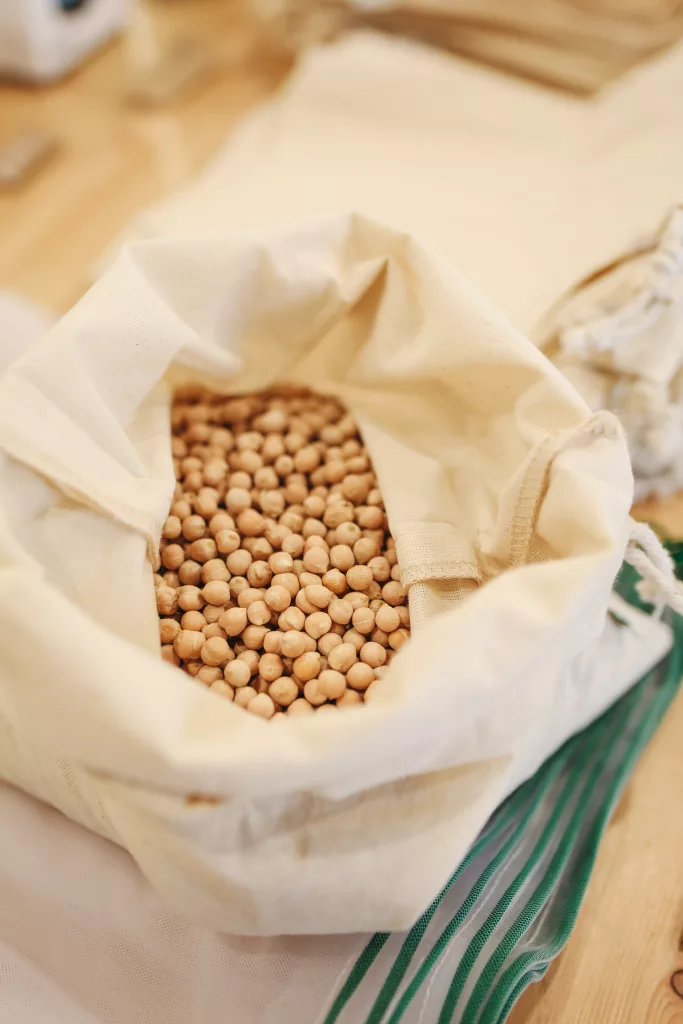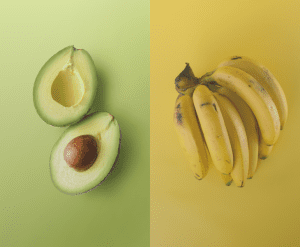Let’s find out what are the amazing health benefits of chickpeas to our body. Chickpeas are not only inexpensive but also very flexible and high in nutritional value.
They have the potential to assist with weight control, protect against chronic disease, and enhance many other elements of overall health.
Since the beginning of recorded history, people in countries located in the Middle East have cultivated and consumed chickpeas, which are also known as garbanzo beans.
Chickpeas, which are a great source of vitamins, minerals, and fiber, may offer a range of health benefits. Some of these benefits include assisting with weight control, improving digestion, and lowering the risk of disease.
Furthermore, as a result of its high protein content, this bean is a good substitute for meat in a wide variety of vegetarian and vegan cuisines.
Here are the 10 Health Benefits of Chickpeas

1. Affordable and Simple to Include in your Meal
To incorporate chickpeas into your diet is a simple and uncomplicated process.
They can be purchased at a low cost and are easily accessible in a broad variety of packaging, including canned and dried forms. As a result of the large amount of protein that they contain, they provide a good replacement for meat in vegetarian and vegan diets respectively.
In addition, chickpeas are a versatile ingredient that can be utilized in a wide range of recipes, including salads, soups, and sandwiches, among others.
2. potentially prevents iron deficit
One cup of chickpeas (164 grams) contains roughly 26% of the daily value for iron, making them a good source of this mineral.
Iron has a role in the synthesis of red blood cells, as well as other areas of health, including physical growth, cognitive development, muscle metabolism, and other processes.
It is possible that your body’s ability to make healthy red blood cells will be hindered if you do not consume a sufficient amount of this essential vitamin. As a consequence of this, an individual may get iron deficiency, a condition that is characterized by symptoms such as weakness, weariness, and shortness of breath.
3. Health Benefits of Chickpeas may improve mental health
Chickpeas may benefit mental health and brain function because of their outstanding nutritional profile.
This is in part due to the fact that they are a fantastic source of choline, which is essential for proper brain function.
This important nutrient is particularly important for the development of certain neurotransmitters, which serve as chemical messengers for the nerve cells in your body. Choline is essential for baby health, but little is known about how it affects adult health.
Magnesium, a crucial mineral for nerve function, is also abundant in chickpeas.
Additionally, studies indicates that a number of minerals present in these legumes, such as magnesium, selenium, and zinc, may help guard against sadness and anxiety.
4. may provide protection from certain chronic illnesses

Heart Disease
Magnesium and potassium, two minerals abundant in chickpeas, may support heart health by lowering blood pressure, a significant risk factor for heart disease.
Cancer
According to some research, eating chickpeas frequently may lower your risk of developing some cancers.
This is due to the possibility that this legume may encourage your body to produce butyrate, a fatty acid that may lessen inflammation in colon cells and so perhaps lower your risk of colon cancer.
In addition, chickpeas contain saponins, plant substances that may help inhibit the onset of several malignancies.
Type 2 diabetes
Due to its ability to regulate blood sugar, chickpeas may be useful in managing and preventing diabetes.
Chickpeas’ fiber and protein prevent your blood sugar from increasing too quickly after eating, which is crucial for managing diabetes.
5. Good for Disgestion
The high fiber content of chickpeas has several advantages for digestive health.
Most of the fiber in chickpeas is soluble, which means that it combines with water in your digestive tract to create a gel-like material.
In your gut, soluble fiber may assist promote the growth of beneficial bacteria while inhibiting the growth of unfavorable bacteria. This may result in a decreased risk of several digestive disorders, including colon cancer and irritable bowel syndrome (IBS).
6. may help with blood sugar control
The health benefits of chickpeas include leveling your blood sugar.
First of all, their glycemic index (GI), a measure of how quickly your blood sugar rises after consuming a food, is quite low. Many low-GI foods in a diet have been demonstrated to help with blood sugar control.
Furthermore, the fiber and protein in chickpeas may help control blood sugar levels.
7. may aid in weight management

Chickpeas’ ability to fill you up may help with weight management.
As a result of your decreased hunger brought on by the protein and fiber in chickpeas, you might consume fewer calories when eating.
According to one study, people who regularly ate chickpeas had a 53% lower risk of having a body mass index (BMI) over 30 and were more likely to have a smaller waist circumference.
8. a source of plant protein
Being a terrific source of plant-based protein, chickpeas are a fantastic diet for those who don’t consume meat or other animal products.
About 14.5 grams of protein are included in a 1-cup (164-gram) meal, which is equivalent to the protein level of foods like lentils and black beans.
The protein in chickpeas might aid in promoting fullness and controlling your appetite. The benefits of protein for maintaining a healthy weight, strong bones, and muscles are also well established.
9. could keep you Full
Your appetite may be controlled by the protein and fiber in chickpeas.
Together, protein and fiber help boost fullness by slowing digestion. Additionally, protein may raise your body’s levels of hormones that decrease appetite.
The protein and fiber in chickpeas have filling properties that may naturally reduce your calorie intake.
10. rich in nutrients
The nutritional profile of chickpeas is outstanding.
With 269 calories per cup (164 grams), they have a modest amount of calories. These calories are made up of 67% carbohydrates and the remaining 35% protein and fat.
Additionally, chickpeas offer some vitamins and minerals, as well as a respectable quantity of fiber and protein. Cooked chickpeas in a 1-cup (164-gram) serving provide
- Calories: 269
- Protein: 14.5 grams
- Fat: 4 grams
- Carbs: 45 grams
- Fiber: 12.5 grams
- Manganese: 74% of the Daily Value (DV)
- Folate (vitamin B9): 71% of the DV
- Copper: 64% of the DV
- Iron: 26% of the DV
- Zinc: 23% of the DV
- Phosphorus: 22% of the DV
- Magnesium: 19% of the DV
- Thiamine: 16% of the DV
- Vitamin B6: 13% of the DV
- Selenium: 11% of the DV
- Potassium: 10% of the DV
Final Thoughts
Chickpeas aren’t just a delicious component of chili and a necessary component of hummus.
With their abundance in vitamins, minerals, fiber, and protein, they are also incredibly healthful. These traits may help you manage your weight, regulate your blood sugar, and maintain good brain function while lowering your risk of developing chronic diseases like cancer and heart disease.
Try roasting chickpeas as a snack or include them in a salad to begin started with them.








